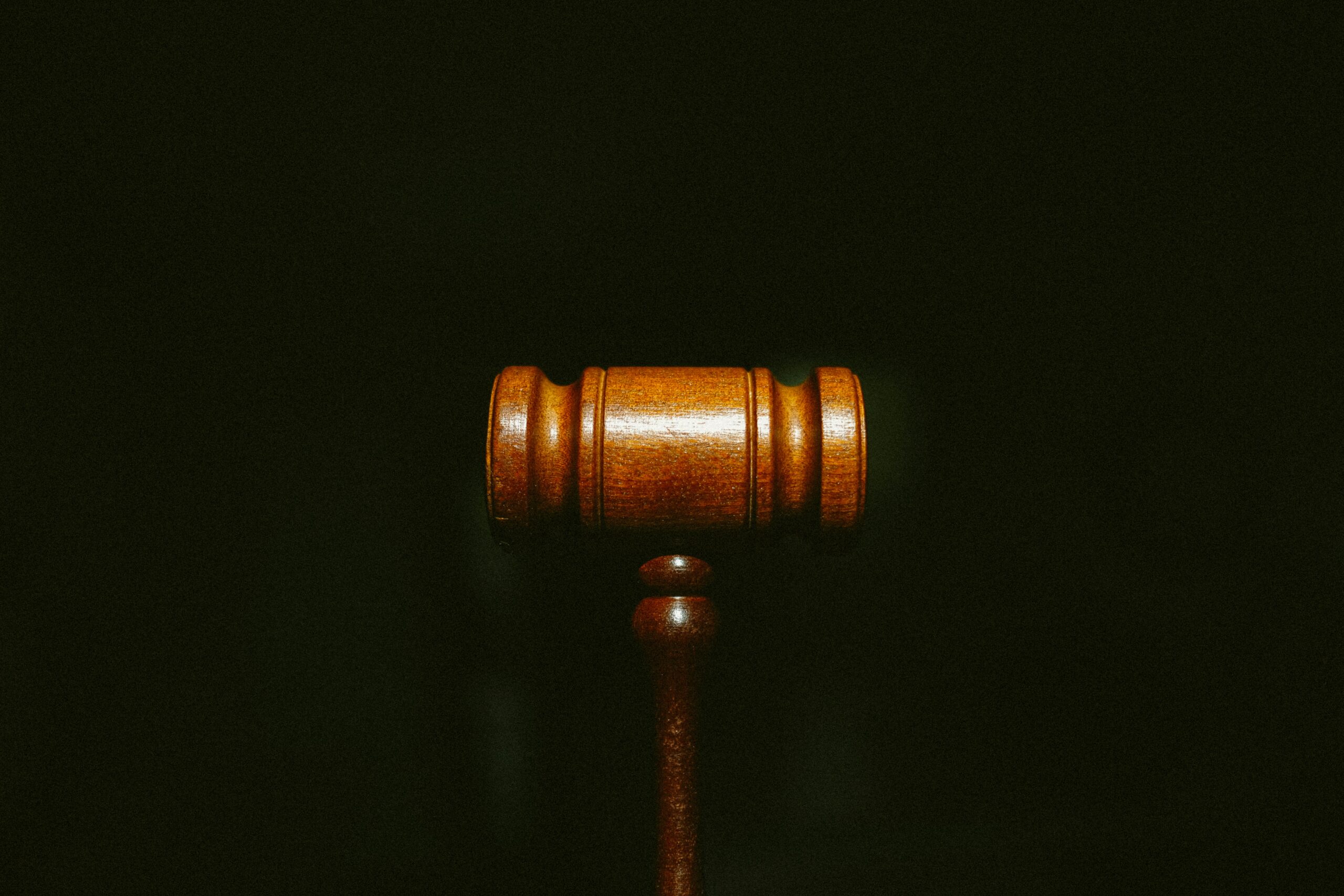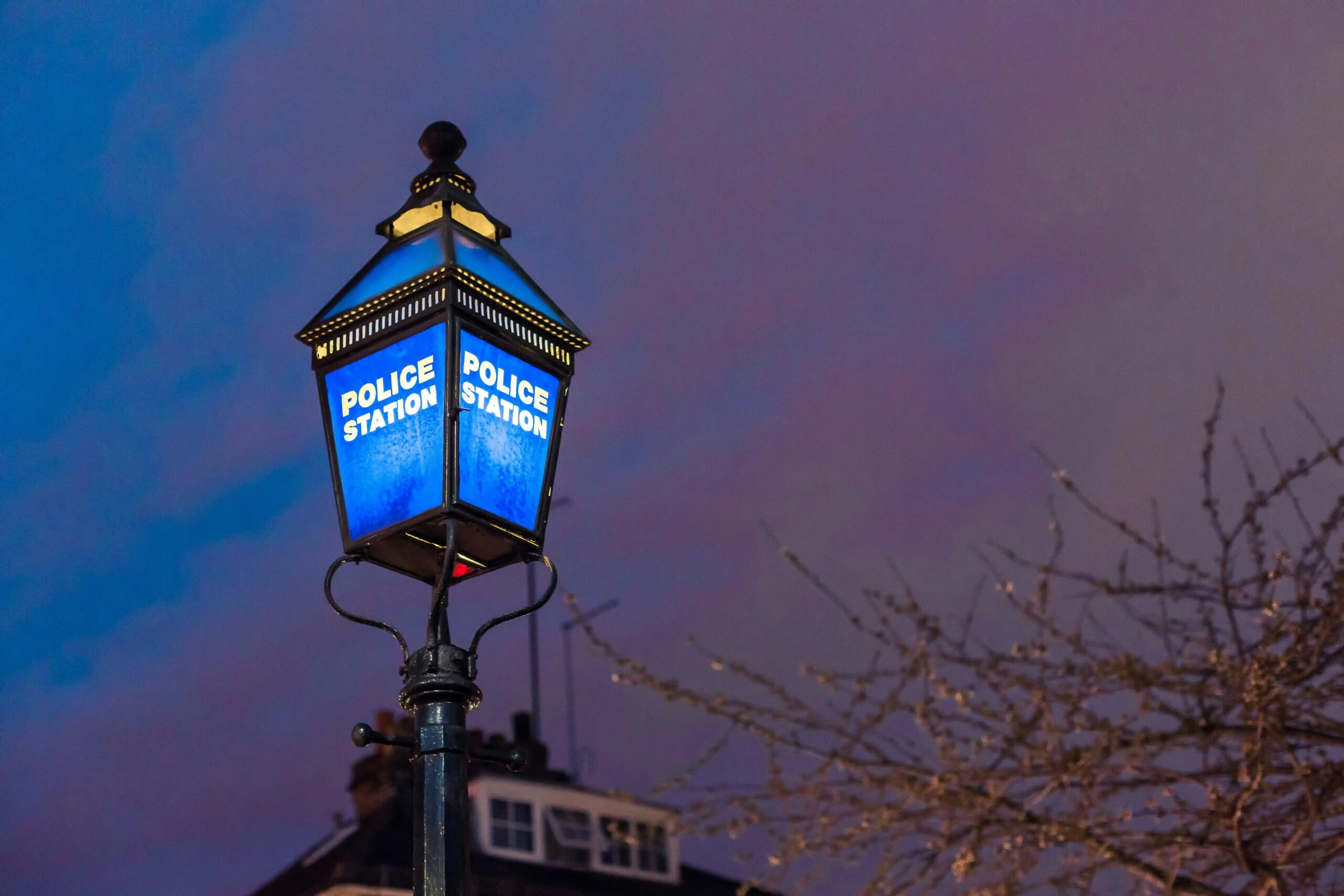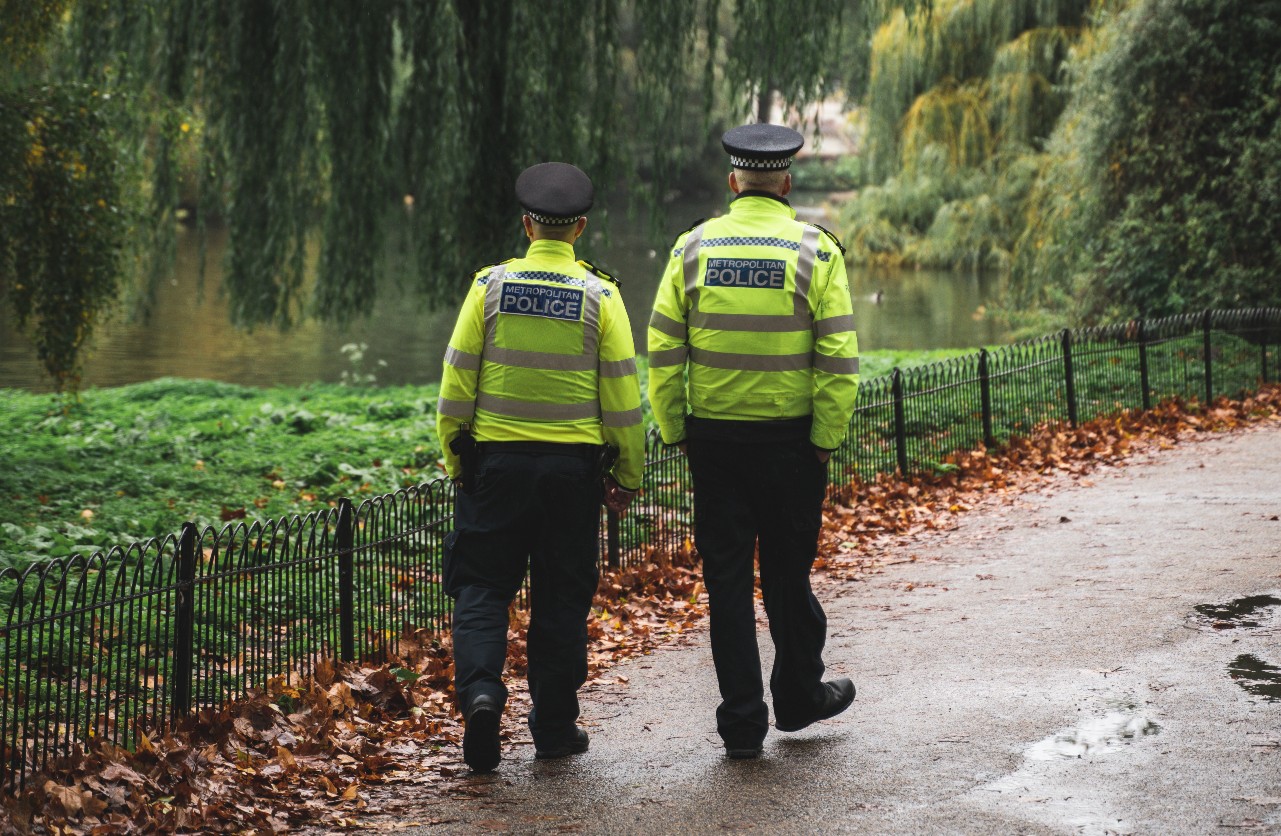Victims to be spared from harrowing court cases
Justice Secretary Chris Grayling has today announced that the most vulnerable victims are to be protected from the trauma of appearing in court.
Under new government proposals, and vulnerable victims, who have survived the most horrific crimes, will for the first time be offered the chance to avoid what is often a distressing and intimidating court experience by pre-recording both their evidence and any cross-examination for a later trial.
Three areas have been chosen for tests – Leeds, Liverpool and Kingston-upon-Thames – although if successful the plan will be rolled out more widely.
Mr Grayling said:
“The particularly hostile treatment of victims and witnesses in court has nothing to do with fairness or justice.
“It is simply not right that young and vulnerable victims are forced to relive the most traumatic experience they have ever had, often for days on end, when cross-examined in court.
“I am adamant we must put a stop to this, but without compromising everyone’s right to a fair trial.
“So for the first time we are going to spare these victims from the aggressive and intimidating court atmosphere by making sure they can give evidence and be cross-examined before the trial starts.”
Although there are many provisions already in place to help victims and witnesses give evidence in court – for example children giving evidence from behind a screen or via video link – it is felt that these do not go far enough. Whilst judges have the power to intervene to prevent overly aggressive cross-examination and character assassinations, there are growing instances of victims being left traumatised after court cases. There is no limit on the number of lawyers who can cross-examine a victim or witness, or on the amount of time they can be on the stand. Victims and witnesses can also be required to discuss graphic details of crimes such as sexual abuse.
Under the new plans, all child, and the most vulnerable adult, victims and witnesses will escape being grilled in court, in front of an audience, by recording their cross-examination away from the highly-charged court environment. This would be included in a later trial.
It will also give those traumatised by crime the opportunity for counselling far earlier, and without the impact of having to re-live their experience all over again, as well as improving the evidence available when there is a time lag between charges being brought and a court case taking place.
If you have concerns over any of the issues raised in this article, contact us today to speak to one of our experienced team members.



